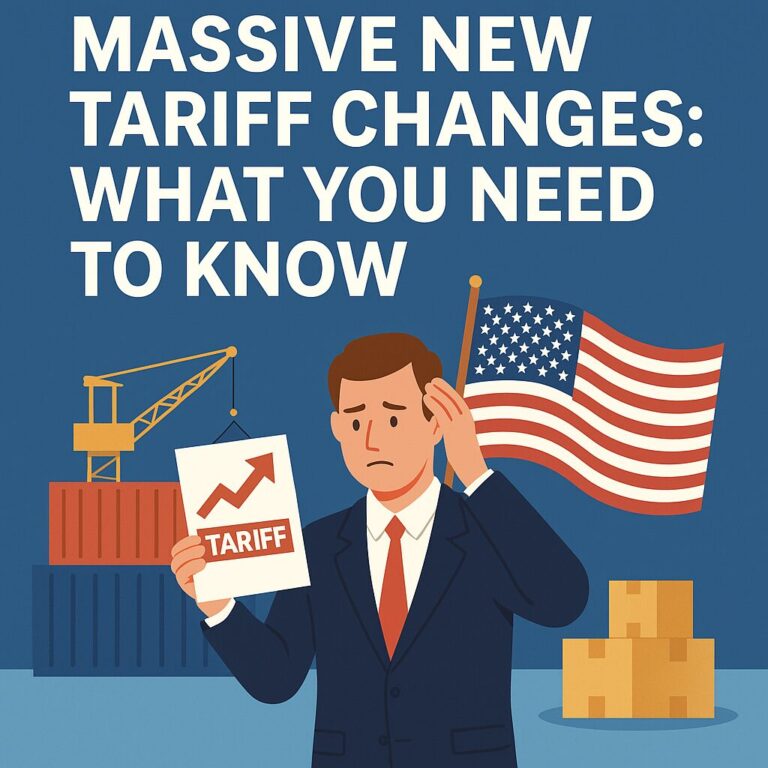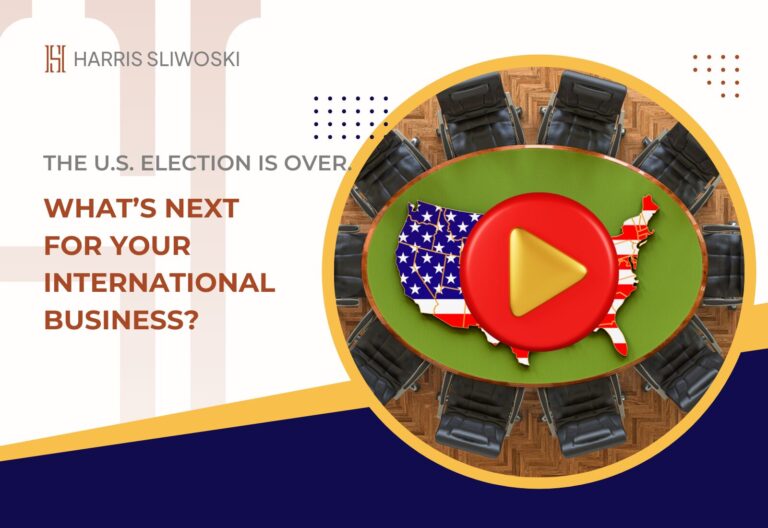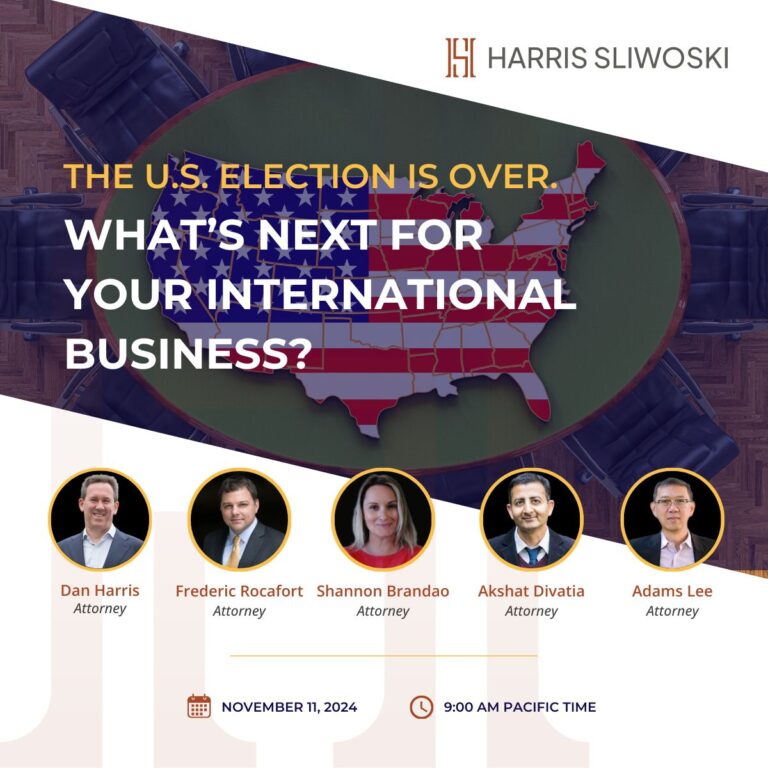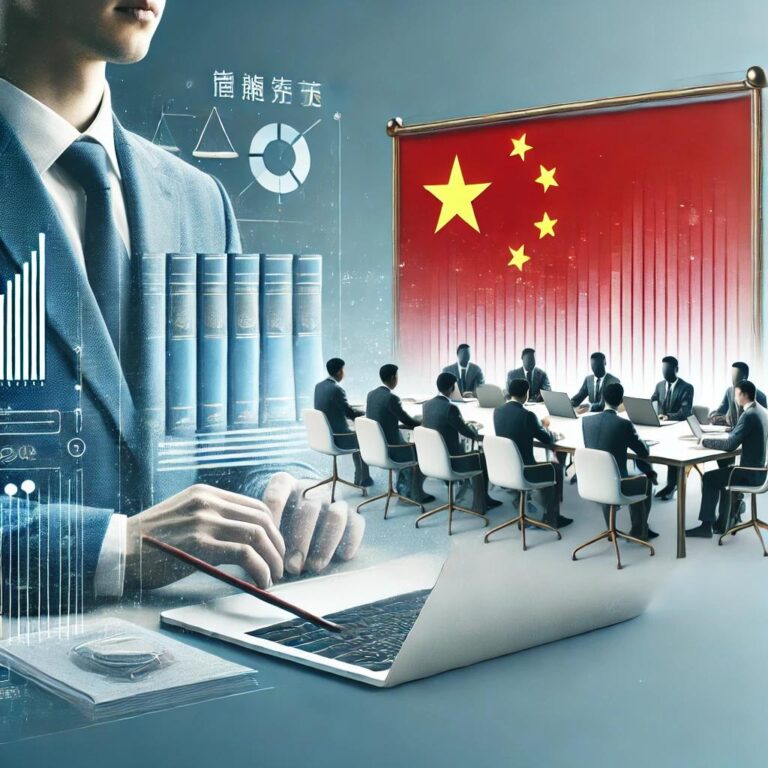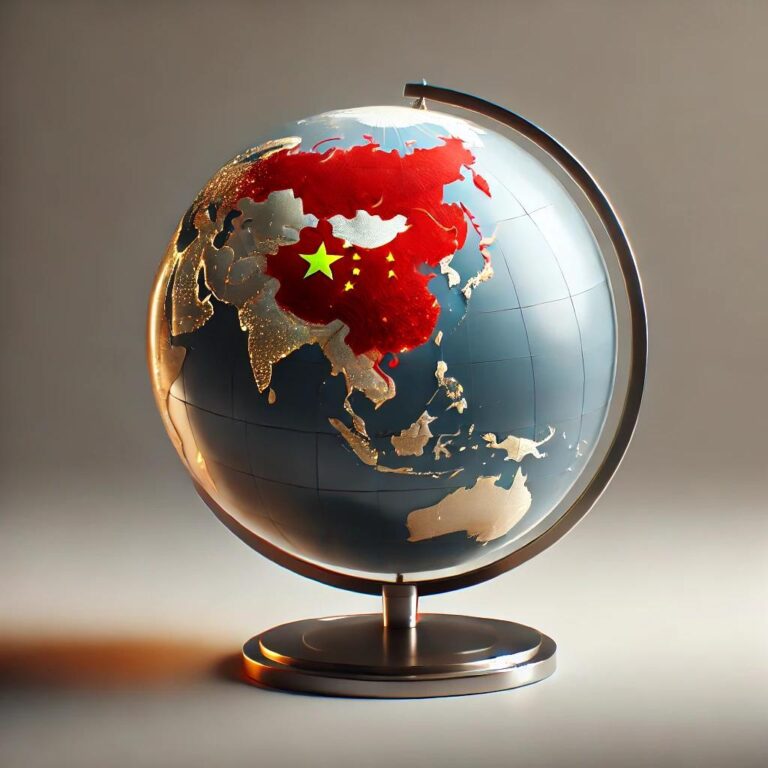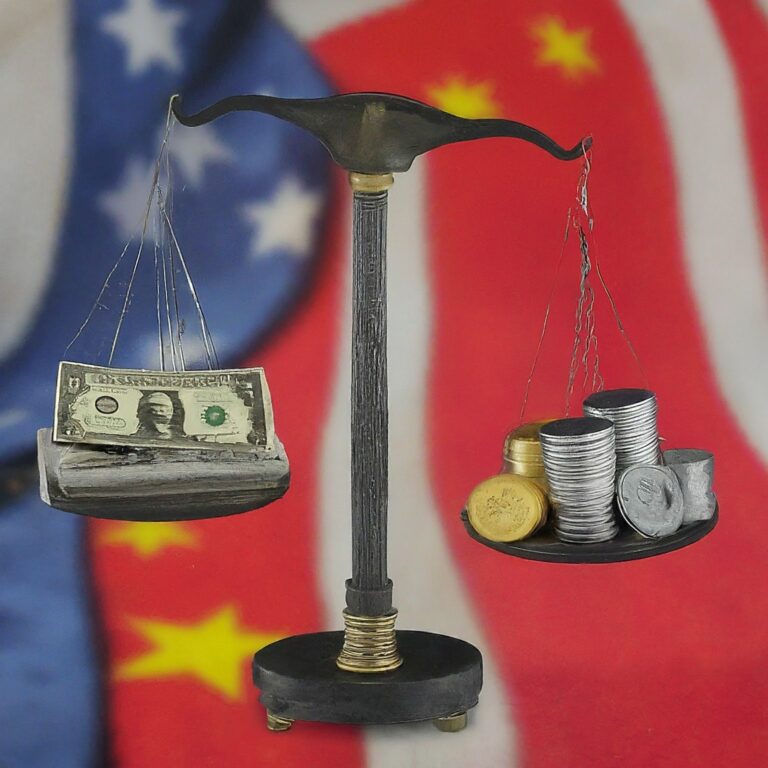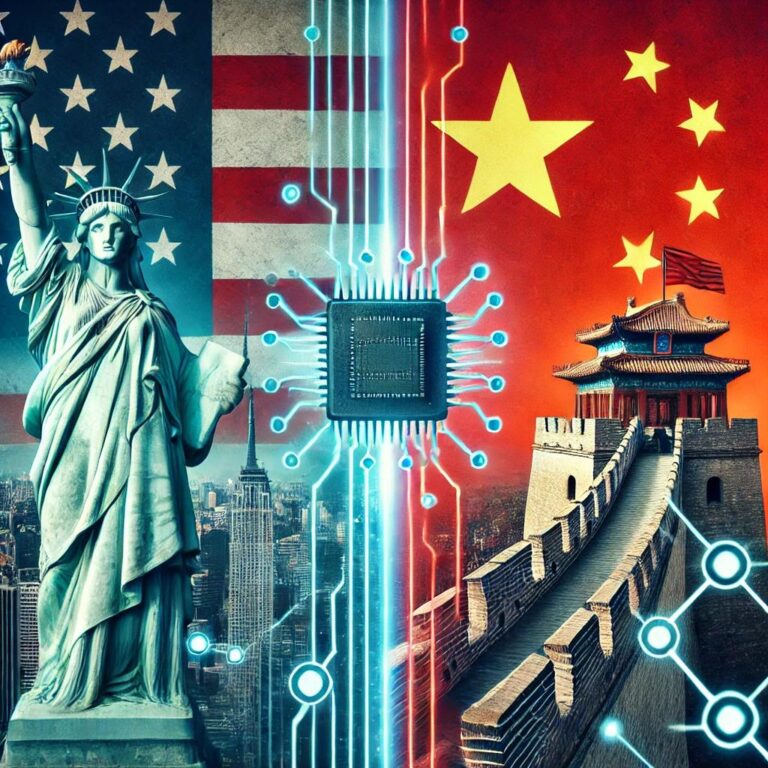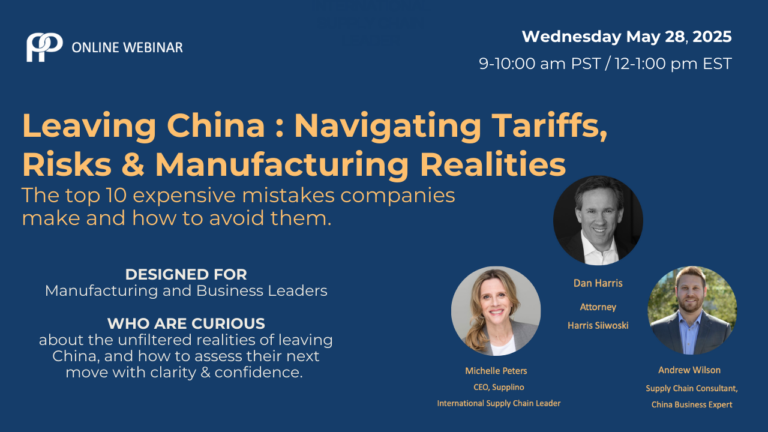
Leaving China the Smart Way: A May 28 Free Webinar
Leaving China the Smart Way: Expert Webinar on Manufacturing Relocation Strategies to Exit China Without Disrupting Your Supply Chain or Inviting Legal Risk Thinking about relocating your manufacturing operations out of China? You likely recognize the rising risks—but do you fully understand the legal, operational, and logistical challenges that can derail even the best-laid plans?











